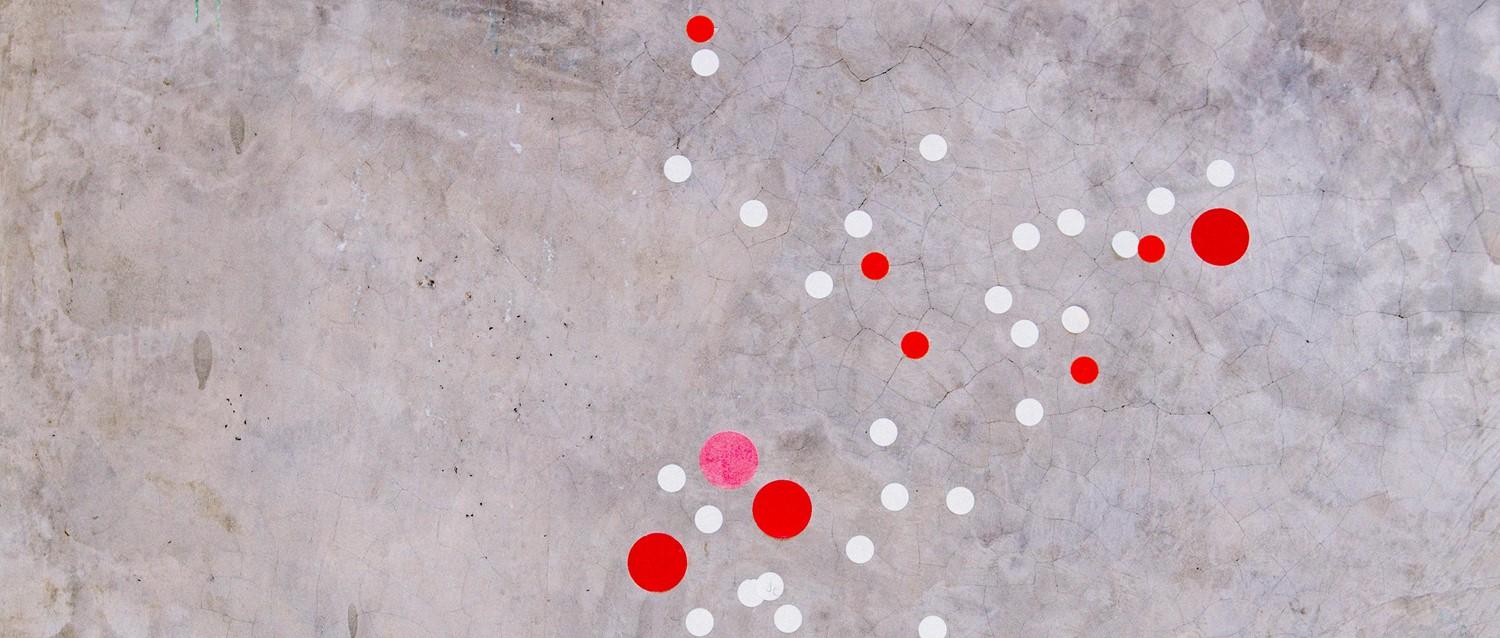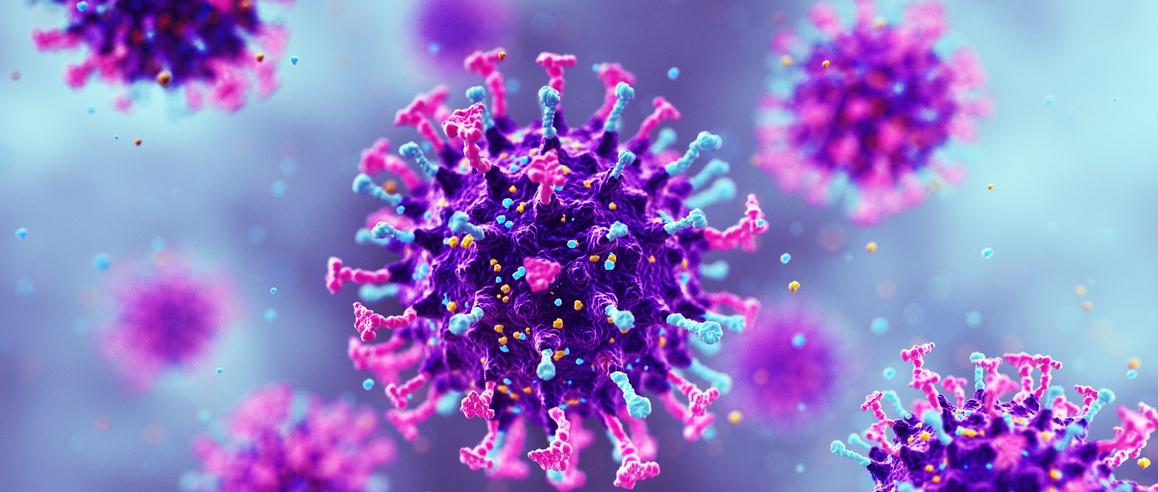
How to protect yourself from shingles
Peer reviewed by Dr Colin Tidy, MRCGPLast updated by Dr Sarah Jarvis MBE, FRCGPLast updated 2 Apr 2019
Meets Patient’s editorial guidelines
- DownloadDownload
- Share
- Language
- Discussion
There are hundreds of viruses out there. Lots of them cause rashes, especially in children. But shingles is easy to spot - it only affects a strip on one side of your body and stops precisely in the midline at the front and back. About 1 in 4 people will know all about the symptoms at some point in their lives, because they'll develop them - but how do you protect yourself if you've never had shingles?
In this article:
Usually with diseases caused by viruses, you're exposed to the virus (eg, by breathing in a cold virus or swallowing food contaminated by a virus that causes a tummy bug) and you develop symptoms a few days later. Shingles is a bit different.
Continue reading below
The chickenpox connection
About 9 in 10 adults have had chickenpox, usually caught in childhood. The good news is that this almost always makes you immune to catching it again - antibodies in your immune system fight off new virus you're exposed to. But once you've recovered from chickenpox, the virus doesn't leave your system entirely. Instead, it lies dormant in the nerve roots of your spine. You feel completely well and don't know you've got it unless it's 'reactivated'.
When the virus does reactivate, it spreads along the strip of skin that the nerve root supplies. That's where you develop first burning, itching or numbness; then a painful blistering rash which crusts over and dries up over 7-10 days. You'll often feel generally unwell and feverish too. The rash usually disappears completely within three weeks, although some people are left with really disabling stabbing 'neuralgia' - pain over the same area.
So you can't 'catch' shingles - but it's caused by the same virus that causes chickenpox, and you can pass the virus on as long as the rash hasn't completely dried out. That means someone can catch chickenpox from you if they aren't immune to it.
Most babies aren't immune because they haven't had chickenpox already. That means steering clear of babies and young children until all that's left of the rash are reddish marks on the skin where the blisters or scabs were. And while catching chickenpox usually gives lifelong immunity to catching it again, you need to avoid pregnant women, too. About 1 in 10 pregnant women won't have had chickenpox before, and catching it during pregnancy can cause serious complications for the baby.
The symptoms to look out for
The most common place to get the rash is around one side of your torso. But the second most common place is on the face, around the eye. While everyone should see a doctor if they think they have shingles, it's especially urgent if the rash affects your face. If the infection spreads to your eye, it could threaten your sight, so prompt referral to a specialist and immediate treatment are essential.
If you are diagnosed with shingles, your GP will usually offer you a course of antiviral tablets. If you're over 50, have shingles affecting your face, have severe pain or have a weakened immune system, you should definitely take them.
The sooner you start them (ideally within three days of your first symptoms), the more effective they'll be: so don't delay in seeking help and do complete the course. They can reduce eye complications and may help your symptoms resolve sooner.
We don't know exactly what makes the virus reactivate. We do know your immune system weakens with age, so you're more likely to develop shingles and get complications like nerve pain if you are affected. We're living for longer and longer, so the number of people affected is gradually going up. If your immune system isn't working well (eg, because of cancer treatment or some blood cancers) you're also at higher risk.
Continue reading below
The shingles vaccine: are you eligible?
There's some evidence that shingles is more likely if you're run down. So it makes sense to try to look after yourself - a healthy diet, regular exercise and enough sleep can all boost your immune system. But the most effective way to protect yourself from shingles is with a vaccination, where a single dose provides protection.
When it's not for you
As with all medications, there are contra-indications to the shingles vaccine. These are conditions or circumstances where it's not considered safe to give. Contra-indications include:
Any condition which could suppress your immune system (including acute and chronic leukaemias; lymphoma; other conditions that affect your bone marrow or lymphatic system; HIV/AIDS-related immune suppression).
Any treatment which could suppress your immune system (including some cancer chemotherapy and high-dose oral steroids but not steroids in inhaler or cream/ointment form).
Active tuberculosis.
A history of allergic reaction to any of the ingredients.
Anyone who's pregnant (if you could get pregnant, you must use reliable contraception for at least a month after having the vaccine).
The NHS option
Shingles vaccination on the NHS is gradually being rolled out to everyone at the age of 70. The shingles vaccine isn't offered to over-80s because it's less effective then than in your 70s. But in the meantime, if you're 70 or 78, or have been invited before but didn't have the vaccine (and you're still under 80), you can have a vaccination on the NHS - just contact your practice.
The private option
The shingles vaccine is licensed for people over 50. Even though it's not available on the NHS for under-70s, you can still have a private vaccine through many community pharmacies as long as you're over 50 and don't have a contra-indication. Speak with your local pharmacist if you're considering it.
Patient picks for Viral infections

Infections
What you need to know about post-viral fatigue
While COVID-19 is a short-lived illness in most people, others experience lingering symptoms, including fatigue, for months after their initial infection. So what should you do if you're suffering with post-viral fatigue, following COVID-19 or a different virus?
by Abi Millar

Infections
What is HMPV and should we be worried?
If you've noticed a virus called HMPV popping up in your news feeds lately, it's likely due to a recent rise in infections. These cases tend to increase during winter and early spring, making now the perfect time to stay informed. Here's a quick snapshot of HMPV, its symptoms, and whether you should be concerned.
by Victoria Raw
Continue reading below
Article history
The information on this page is peer reviewed by qualified clinicians.
2 Apr 2019 | Latest version

Ask, share, connect.
Browse discussions, ask questions, and share experiences across hundreds of health topics.

Feeling unwell?
Assess your symptoms online for free
Sign up to the Patient newsletter
Your weekly dose of clear, trustworthy health advice - written to help you feel informed, confident and in control.
By subscribing you accept our Privacy Policy. You can unsubscribe at any time. We never sell your data.